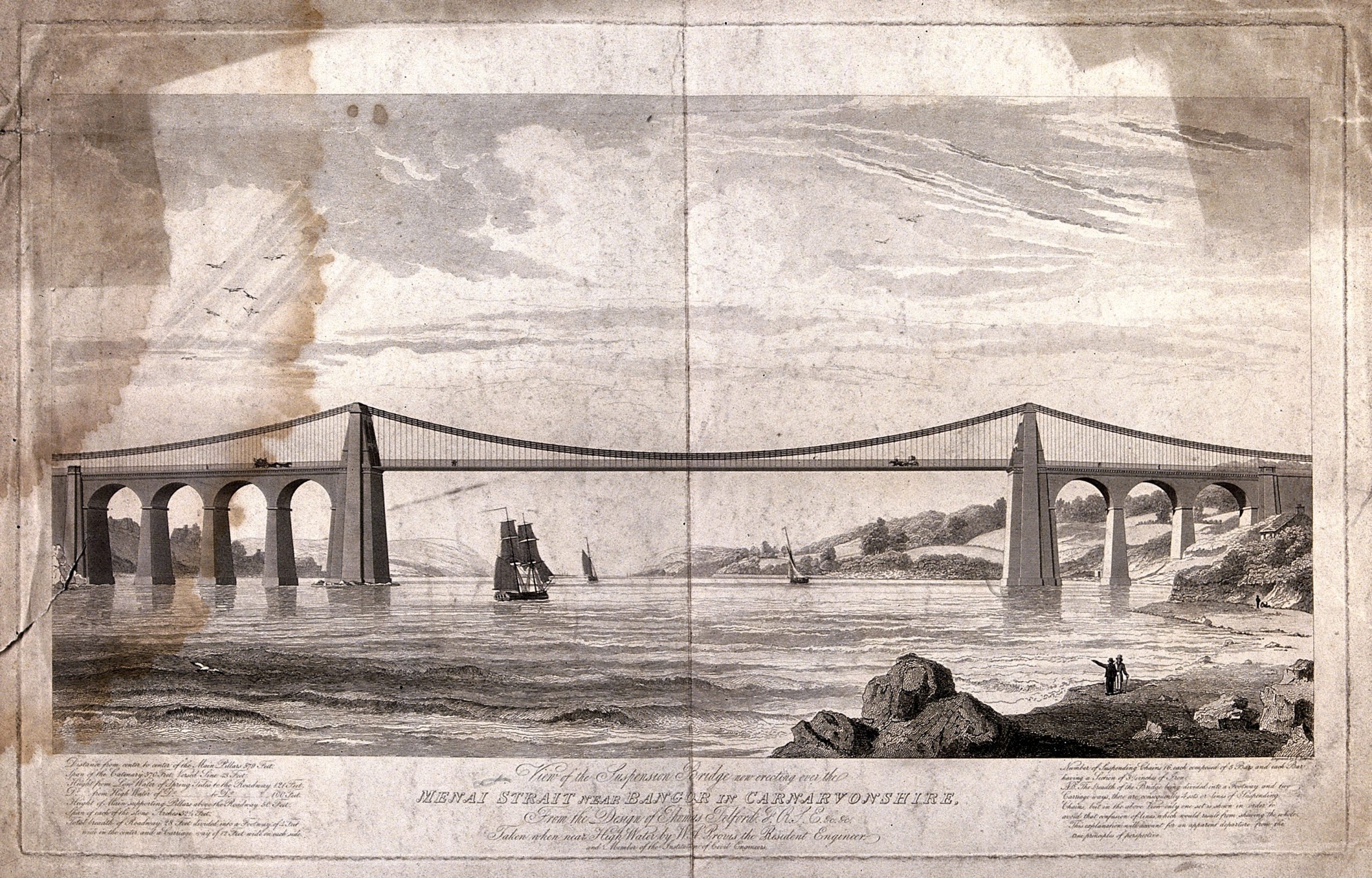
The history of industry and technology is woefully underexplored in education. Questions about the material progress of human civilization often go not just unanswered, but unasked. Absent is the baseline grounding in facts and history needed to fertilize curiosity.
Progress Studies for Young Scholars is designed to solve that problem. It’s a course on the history of progress—the engineering and innovation behind major shifts in manufacturing, agriculture, energy, transportation, communications, and medicine—designed for high school students. It provides knowledge that powers questions that drive understanding of the modern world: How was industrial civilization created? What discoveries and inventions gave us our modern standard of living? What causes progress? And how can we keep it going?
But the systematic gap in knowledge about this subject is not a recent change in the school syllabus. And perhaps that’s why, since the inception of PSYS, we’ve persistently received requests from adults who are hungry for this knowledge.
So, by popular demand, Progress Studies for Young Scholars is introducing an advanced version of our program for an adult audience: the Study Group for Progress.
The program will be structured around weekly Q&A, each week featuring a different special guest—usually a historian or economist who has written on science, technology, industry and progress. Reading from that author will be given ahead of time. Confirmed speakers so far include:
- Robert J. Gordon (Northwestern), author of The Rise and Fall of American Growth
- Margaret Jacob (UCLA), author of Scientific Culture and the Making of the Industrial West
- Richard Nelson (Columbia), author of the classic paper “The Simple Economics of Basic Scientific Research”
- Ashish Arora (Duke), co-author of “The changing structure of American innovation: Some cautionary remarks for economic growth”
- Pierre Azoulay (MIT Sloan), co-author of papers such as “Funding Breakthrough Research”
- Jay Bhattacharya (Stanford), co-author of “Stagnation and Scientific Incentives”
- Patrick Collison (Stripe), co-author of “We Need a New Science of Progress”, the article that coined the term “progress studies”
- Anton Howes, author of Arts and Minds: How the Royal Society of Arts Changed a Nation
- Alicia Jackson, former DARPA program manager and director
The program will also include all of the reading from Progress Studies for Young Scholars.
The format is a guided study group, led by Jason Crawford, author of The Roots of Progress. The group will meet weekly on Sundays at 4:00–6:30pm Pacific, from September 13 through December 13. The guest Q&A will run 60–90 minutes, and the rest will be group discussion. (Recordings will be available privately afterwards if you miss a session.)
The cost is $2,400, and sponsors one full scholarship for a deserving teenager to attend Progress Studies for Young Scholars. Full-time undergrad and graduate students get a 50% discount, $1,200.
Get annoucments
Our guest speakers include experts on the history of science, technology, and industry, as well as those on the frontier. It’s open to all—sign up for our mailing list to get event invitations.